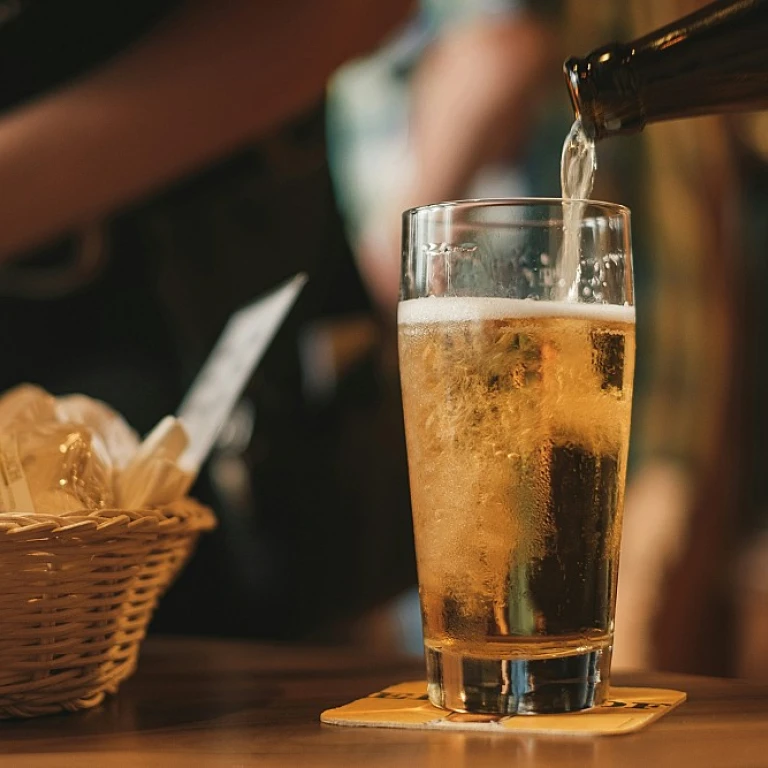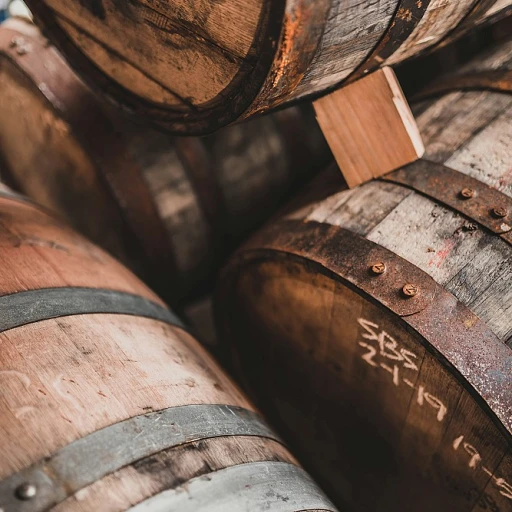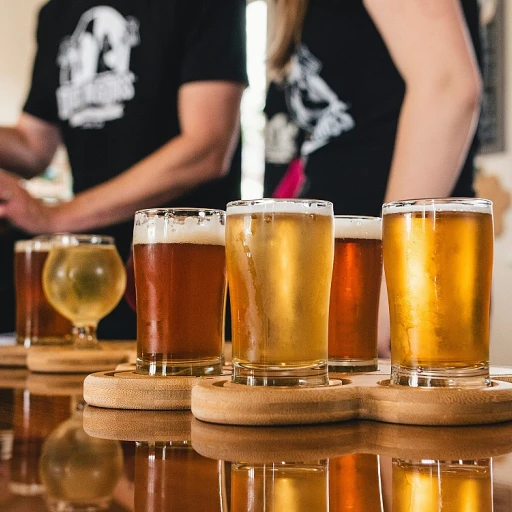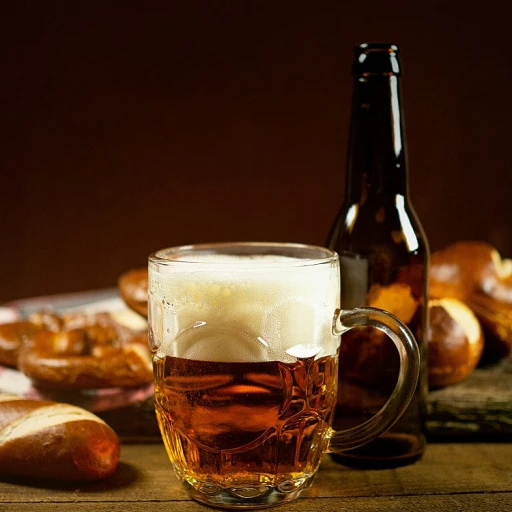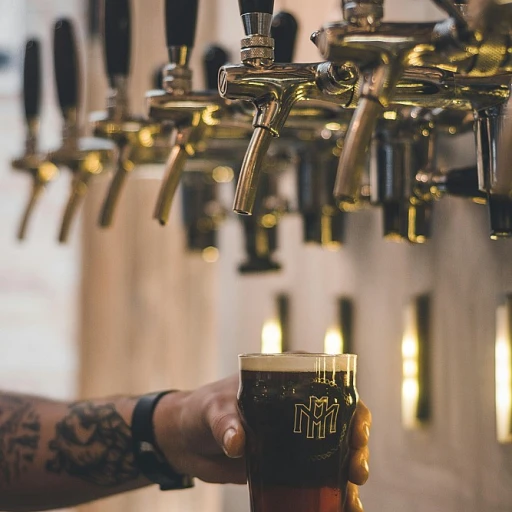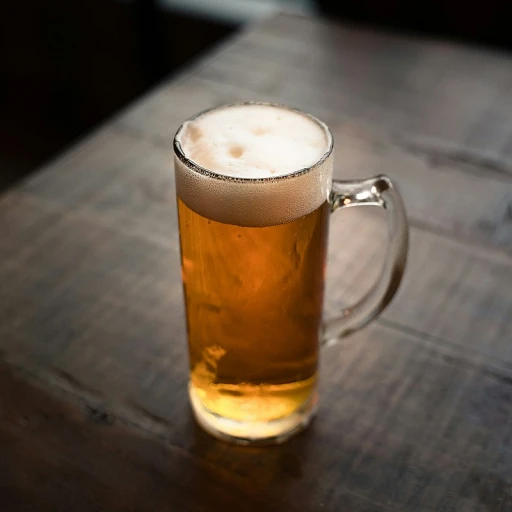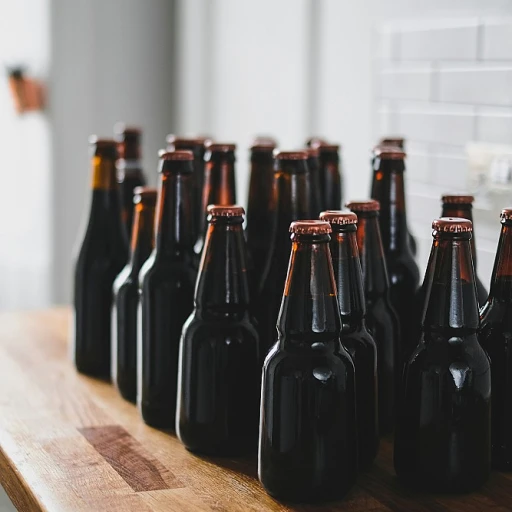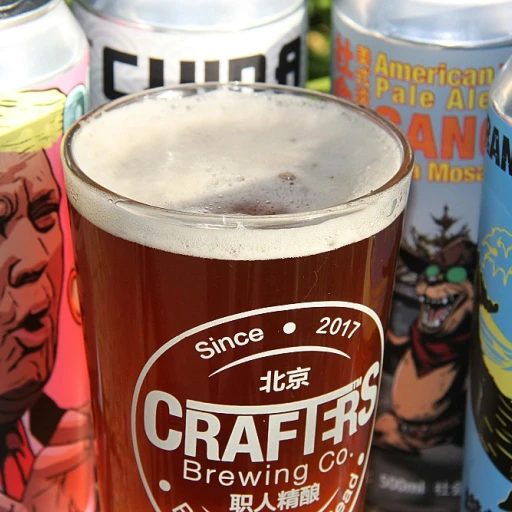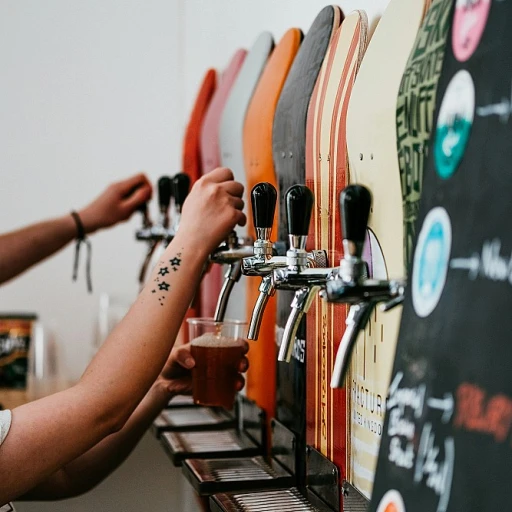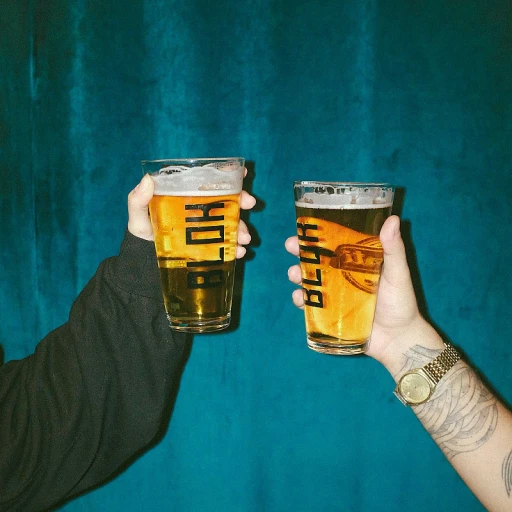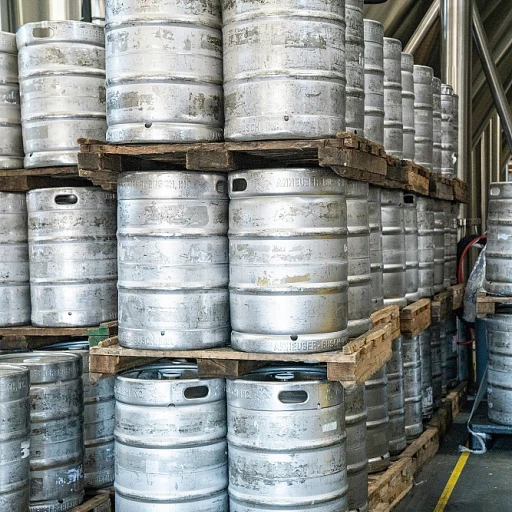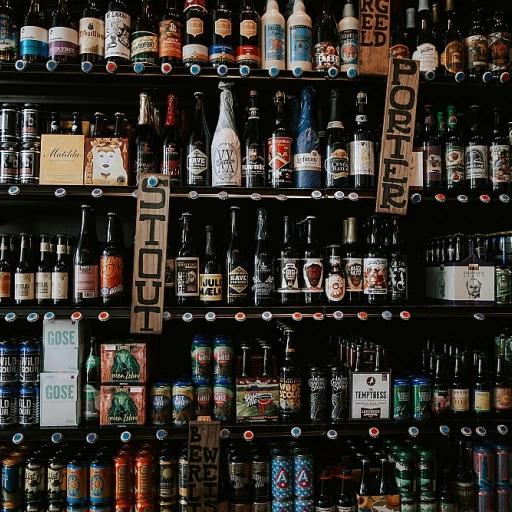
The Sumerian Goddess Ninkasi
Introducing Ninkasi: The Sumerian Brewing Goddess
In the realm of ancient brewing, the Sumerian goddess Ninkasi holds a special place. Revered as the deity of beer, she was an essential figure in Sumerian culture, embodying the spirit of brewing and the joyous consumption of this intoxicating beverage.
Ninkasi's fame primarily comes from the "Hymn to Ninkasi," a poem that doubles as both a prayer and a recipe for brewing. This historical piece of literature highlights the importance of beer in Sumerian society, offering insights into the brewing techniques of the time. It’s fascinating to see how the process still retains some similarities to modern brewing methods.
The hymn not only illustrates the Sumerians' profound respect for beer but also showcases the divine inspiration behind the craft. Ninkasi was believed to ensure that each brew was perfect, her presence a reminder of the sacred nature of beer. This intertwining of spirituality and brewing set the stage for many other cultures' reverence for alcoholic beverages, a topic explored further in the subsequent sections on Greek and Roman history.
Echoes of Ninkasi's legacy can also be seen today in various cultural celebrations of beer, pointing to a timeless connection humans have with this age-old brew. The influence of Ninkasi and other deities continues to be felt in modern traditions, where beer-related symbols and rituals celebrate the heritage of beer across different societies.
Greek and Roman Gods of Wine and Beer
Divine Figures of Fermentation in Greek and Roman Culture
While most people associate Dionysus with wine, his role in the world of alcoholic beverages extends beyond just one. Dionysus, known in Roman mythology as Bacchus, was revered as the god of both wine and, by extension, all the pleasures derived from fermentation. However, his connection to beer is often overshadowed by his wine-related fame.
The importance of malted grain drinks in these societies cannot be underestimated—even though wine might have been more celebrated. In ancient scripts and mythologies, Dionysus embodies the spirit of revelry and is sometimes depicted with a broader portrayal that includes beer. His festivals were characterized by elaborate rituals, which have influenced Western celebrations and brew-centered festivals to this day.
The Greek and Roman cultures didn't focus solely on Dionysus. Other lesser deities and spirits were linked with the brewing process and its ingredients. Beer offerings were often left at altars dedicated to various gods, signifying its place in the classical world. These ancient practices have echoed through history, giving beer its own divine stature, bubbling over with cultural significance.
If you're interested in exploring contemporary brews of classical style, delve into the musings on Mad Dog beer, a modern homage to this ancient brew tradition.
Egyptian and African Beer Deities
The Egypt and African Pantheon: Deities Behind the Brew
Beer has been intertwined with Egyptian culture for centuries, with deities playing a significant role in the ancient brewing practices. The goddess Hathor, known as the "Mistress of Drunkenness," was celebrated for her connection to beer. She was often symbolized as a cow and associated with music, love, and fertility. Beer was even included in religious rites and daily life, as it was an essential part of the diet. Another significant figure is Osiris, the god of the afterlife, whose mythology tells that beer was an offering provided in his name. Osiris represented rebirth, and beer's role in celebrations and remembrance ceremonies showcases its vital role in Egyptian society. Moving over to the African continent, beer had its deities, often linked with local traditions and culture. In Nigeria, for instance, there were feasts in honor of Olokun, a deity known for abundance and wealth, where beer was a staple. Each African region had its own beer traditions, often alongside unique brewing techniques that reflect the cultural diversity. As you can see, much like the Sumerian and Mediterranean deities, beer was a symbol of both divine and communal significance. If you're interested in exploring more about beer and its cultural heritage in different parts of the world, take a look at some insights into Frances' brewing culture for a fascinating perspective. Exploring the French beer scene is a journey worth embarking on to understand blends, styles, and traditions from this historic nation. Thus, from Egypt's Hathor to Nigeria's Olokun, the gods of beer have been celebrated for their connection to community and culture. As beer continues to be a connecting thread across time and geography, these ancient narratives remind us of the timeless joy shared over a crafted brew. Cheers to history and the stories we continue to unravel!Beer in Mythology and Literature
Beer’s Role in Myths and Literature Throughout History
Beer has played a significant role in the fabric of myths and stories from various cultures. As one reads through these tales, it's evident that beer was not just a beverage but a symbol of celebration and connection to the divine.In Nordic mythology, the mead was the divine drink of the gods, often linked to wisdom and valor. Beer, albeit less prominent than mead, had its moments, being shared in grand feasts among warriors, celebrating victories, or sealing important agreements.
In the Anglo-Saxon 'Beowulf,' mead-halls were centers of community life where beer flowed liberally. These halls were more than just places to drink; they were societal hubs where leaders held court, and bonds were forged. These tales illustrate how beer transcended the mundane to become an integral part of society, signifying peace and kinship.
The mystical allure of beer also finds its way into modern literature. Writers such as J.R.R. Tolkien often depict beer in inns and taverns as symbols of camaraderie and adventure, adding a comforting contrast to their fictional worlds’ otherwise perilous journeys.
Through these myths and stories, it's clear that beer is not just an ancient libation but an enduring cultural symbol. The echoes of these literary depictions resonate well into modern times, reflecting the beverage's timeless appeal and its role in societal narrative and celebration.
Modern Celebrations of Beer Gods
Honoring the Legacy of Beer Deities Today
In the present day, the influence of ancient beer gods is celebrated in various ways across the globe. These festivities connect us to the mystical roots of beer craftsmanship, reminding us of its historical significance and cultural heritage.- Beer Festivals: Many modern cities host annual beer festivals that honor the craftsmanship not only of brewers but also the deities linked to beer's past. Such events are a testament to the reverence that these age-old gods still command. Visitors often enjoy a diverse range of beers, echoing the vibrant histories tied to Ninkasi of Sumer or the playful allure of Dionysus.
- Namesakes in Brewing: Craft breweries frequently pay homage to these gods through their naming conventions and branding. From Ninkasi Brewing Company in Oregon to many breweries that incorporate motifs and names inspired by Dionysus, these choices create a deeper connection between contemporary brewing and its divine inspirations.
- Literary References: Just as ancient mythologies have narrated tales of beer gods, modern literature and media also frequently reference these timeless figures. From books to movies, the mythic stature of beer deities serves as an enduring theme, connecting past and present cultures.

